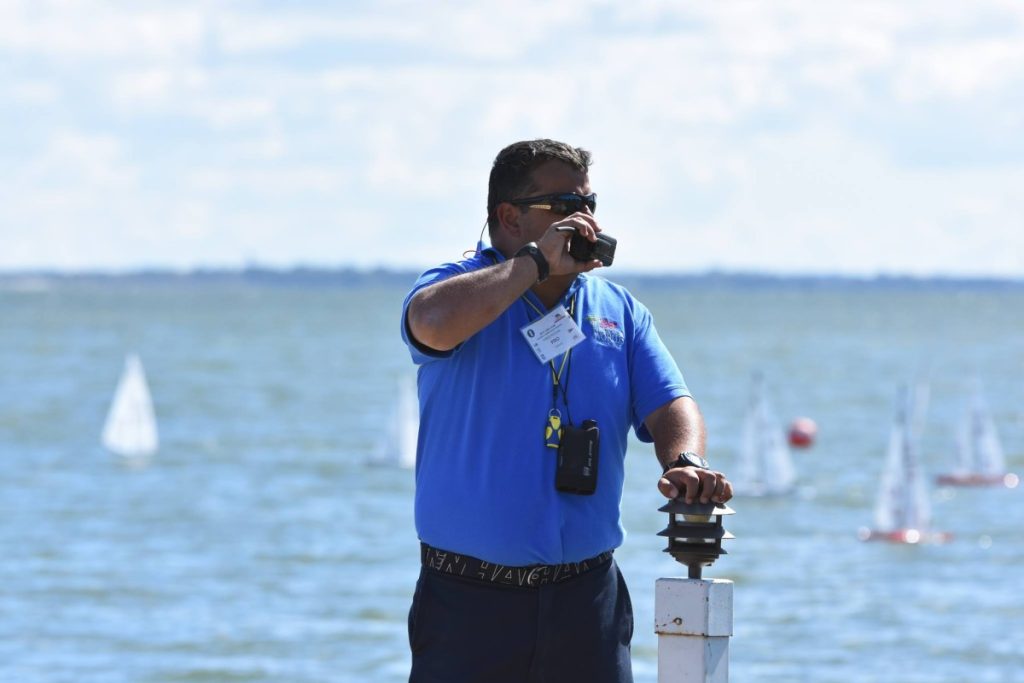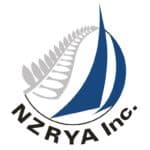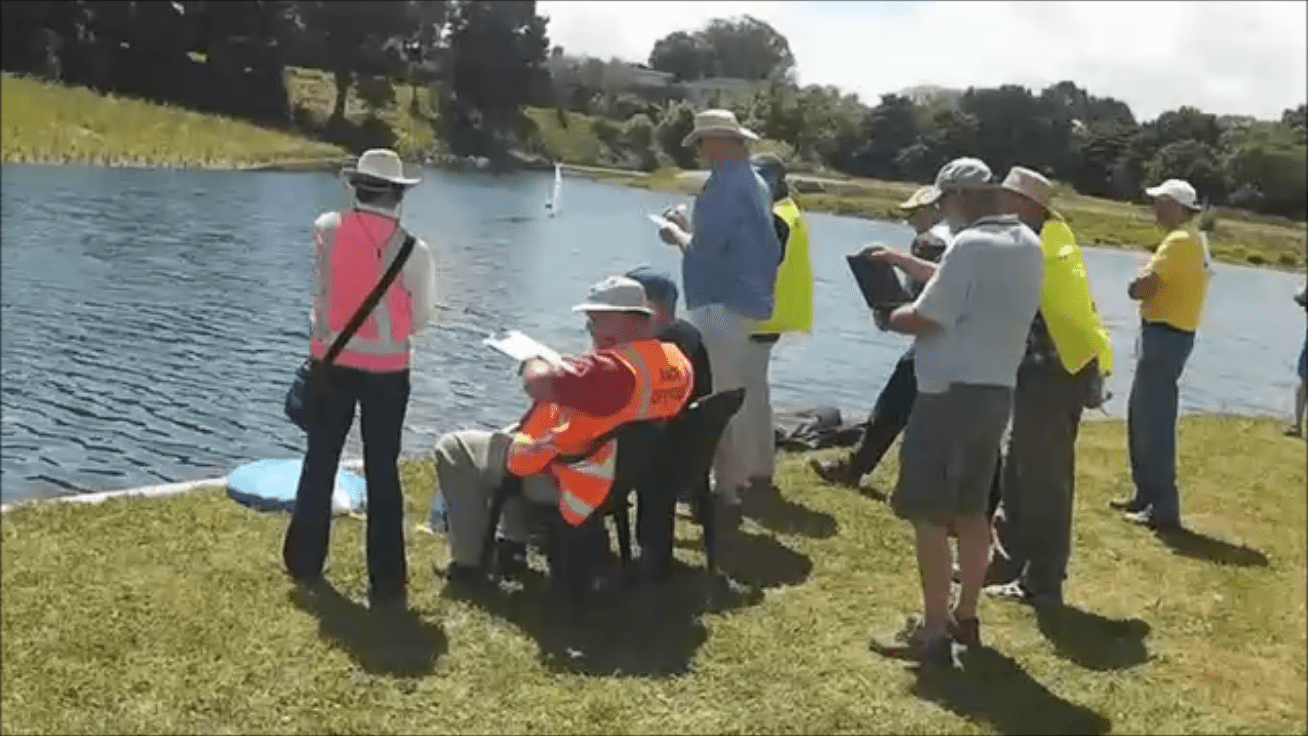1. OBJECTIVE
After completing this module, you should have a clear understanding of the overall role of the Race Officer, the Race Committee and the Protest Committee.
2. REFERENCES
For this module, you will need access to the current versions of the following references:
- Racing Rules of Sailing 2021 – 2024 (RRS)
- NZRYA Race Management Manual (NZRYA RMM)
- NZRYA-Standard-Notice-of-Race (NZRYA SNOR)
- NZRYA Standard Sailing Instructions (NZRYA SSI)
- Heat Management System 2022
Please Note: The NZRYA Race Management Manual, NZRYA Standard Notice of Race, NZRYA Standard Sailing Instructions, and Heat Management System documentation can be found on the Regatta Management page.
3. SUGGESTED READING
You should read the following and any other section to aid your understanding for this module:
- Racing Rules of Sailing:
- Basic Principles
- Part 1: Fundamental Rules
- Rule 2: Fair Sailing
- Part 7: Race Organization
- Rule 89.1: Organizing Authority
- Rule 89.2: Notice of Race; Appointment of Race Officials
- Rule 90: Race Committee; Sailing Instructions; Scoring
- Appendix E: Radio Sailing Racing Rules
- Rule E3.9: Disabled Competitors
- NZRYA Race Management Manual:
- Race Management Policies
- Clause 1: General Principles
- Clause 2: Definitions
- Principles of Sportsmanship and Fair Play
- Race Management Policies
- NZRYA Stand Notice Of Race:
- Clause 1: Organizing Authority
- Clause 2: Rules
- Clause 12: Penalty System and Protest
- Clause 15: Conduct
4. GENERAL PRINCIPLES
4.1: Fairness
The overarching principle of the role of the Race Officer is to ensure that all competitors are treated fairly. There should be no favour or bias in the actions or decisions of the Race Officer.
In the event there are competitors who are disabled, arrangements must be made to allow the disabled competitor to participate on as equal terms as possible.
4.2: Standards
Competitors expect a reasonable standard of management by the officials. Race Officers should display a level of competence and interest as well as paying attention to the task.
4.3: Consistency
NZRYA aspires to achieving consistency at regattas throughout New Zealand. This is particularly important when competitors travel distances to attend.
5. DEFINITIONS
5.1: Organising Authority
The Organising Authority appoints the Race Committee and publishes the Notice of Race. Its job includes managing the regatta, including the onshore and social activities. For NZRYA ranking events, the Organising Authority is NZRYA. It delegates the authority to either the states or clubs to manage national, state or regional ranking events.
5.2: Race Committee
The Race Committee is appointed by the Organising Authority (NZRYA) or its delegated organiser (State Association or Club). It shall conduct races as directed by the Organising Authority and as required by the rules. The committee is responsible for the on-water administration of the event. The Race Committee includes:
- Race Officer
- Assistant Race Officer
- Start and Finish Judges
- Finish Recorders
- Scorer
- Timer
- Fleet Board Manager
- Boat Drivers
- Observers.
There may be insufficient volunteers to fill each of these roles with a separate person, so it is possible that some people will be performing multiple tasks.
5.3: Race Officer
The Race Officer manages the Race Committee. Race Officers are appointed by the Organising Authority to ensure that the regatta is run in conjunction with current rules and practices. The Race Officer is not able to change any of the Racing Rules of Sailing or introduce any ‘local rules’.
The Race Officer should be a person with experience in racing sail boats, preferably radio-controlled sailing (although not exclusively). They should have a good working knowledge of the Racing Rules.
The role involves:
- overall management and supervision of the Race Committee
- ensuring fairness for all competitors
- responsibility to ensure high standard, consistent delivery of the regatta
- allowing the team to get on with their jobs with minimal interference
- taking a ‘big picture’ overview
- liaising with the Organising Authority and Race Committee
- possibly acting as either Start Judge or Finish Judge or both
- deciding which participants you will take input from, and avoiding input from “’interested’ competitors.

Race Officer ‘extraordinaire’ Fred Rocha
5.4: Protest Committee
The Protest Committee is appointed either by the Organising Authority or the Race Officer, on behalf of the Race Committee. It is important to understand that the Protest Committee has a separate function from that of the Race Committee. The Race Committee is unable to make decisions affecting the score of a competitor. It cannot disqualify a competitor (apart from a couple of circumstances) – only a Protest Committee is able to do that.
For major regattas, it is desirable to have a defined Protest Committee Chairperson. A Protest Committee should be appointed prior to racing. A pool of people, which may include skippers, can be put in place to sit on the Protest Committee. The Race Officer should avoid being a member of the Protest Committee if possible.

Protest Committee in action
6. DOCUMENTS
The following documents should be available to the Race Officer for reference if required:
- Racing Rules of Sailing – current version
- Notice of Race
- Sailing Instructions
- Heat Management System
- Class Rules
- ARYA Race Management Manual
- Protest forms.
END OF MODULE 1
Return to Race Officer Training Course

